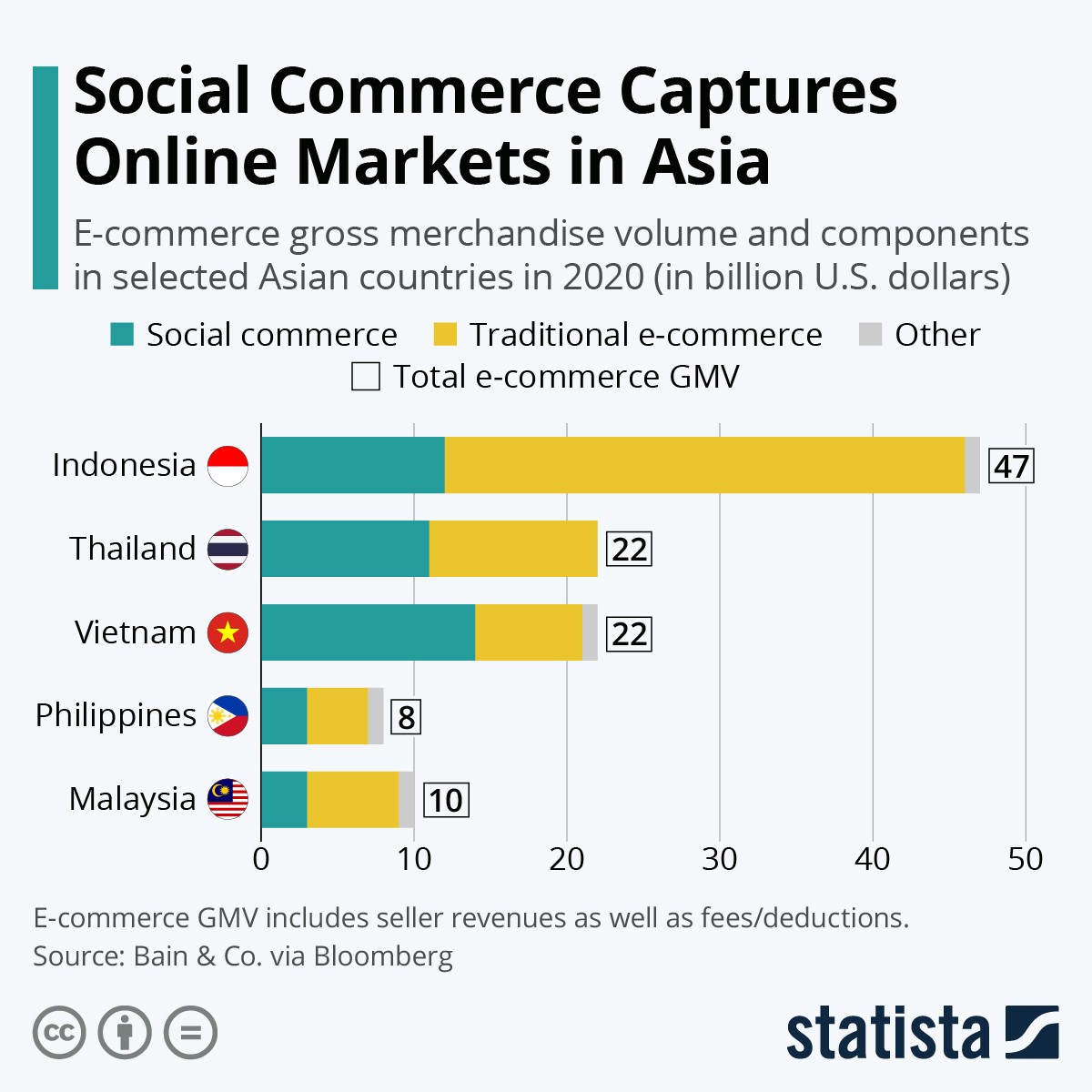Sharia-Based Social Commerce Platform "Blessed" Officially Launched [UPDATED]
Providing support to MSME actors, starting from business optimization, promotion, operations, to logistics
Startup players take advantage of the market revival momentum social commerce in the midst of the Covid-19 pandemic. This time, platform blessed officially present in Indonesia to help MSME players increase their sharia-based business scale.
Berkahi enables business actors in the country to increase their income by marketing local and halal products through the network reseller. Berkahi's target market is MSMEs, especially those in rural areas.
Berkahi was founded by Rowdy Fatha, Turina Farouk, and Andre Raditya Makmur. Berkahi's development idea has been incubated since November 2021.
At the launch event, Co-founder & CEO Rowdy Fatha said the pandemic had a significant impact on the decline in the MSME business. In this situation, many business actors find it difficult to survive because many of them lack the ability and experience to build a business.
On the other hand, he considered sharia values suitable to be applied in business. His party also wants to play a role in encouraging equitable distribution of financial and digital inclusion in Indonesia. Meanwhile, Berkahi also established a sharia advisory board to ensure Berkahi's business activities are in accordance with sharia values.
"We want all out in helping the MSME community, not only in terms of business, but also promotion, operations, fulfillment, to logistics. We are even involved in educating MSMEs. God willing, this year we can present sharia funding [facilities] this year," said Rowdy.
Support form all out what is meant is, Berkahi supports business activities through a number of facilities, including promotional activities through Key Opinion Leader (KOL), operations through access fulfillment (stockist) in 15 cities, and logistics partners.
Currently, Berkahi has 400 MSMEs connected to 20.000 reseller (referred to as Blessed Partner). A number of Berkahi's strategic partners include: SiFast, SiBeku, Tanah Abang Community, Pijar, and XL Cooperative, IWAPI, Haistar, Shoppingrutin.com, Shipdeo, and Pijar Community.
"We are strengthening our network in order to achieve our target of reaching 20 countries. Gradually, we will bring business actors who have been active on social media or selling offline to switch to this platform," added Rowdy.
Meanwhile, Co-founder Turina Farouk targets to reach 20 countries, have 1.000 MSMEs and 30.000 partners by the end of 2022. For this reason, his party will take advantage of the closest seasonal momentum, namely Ramadan and Eid, to boost the target to be achieved this year.
"Social commerce is something new in Indonesia. With my experience working in the telecommunications industry, the knowledge I get can be a provision to study and build Berkahi in the future," said Turina.
Mitra Berkahi has access to thousands of halal products from local and foreign MSMEs, where packaging and delivery is carried out from the warehouse to the consumer directly. For SMEs, warehouse and operational facilities are free of charge.
Funding from VC
Contacted DailySocial Separately, Rowdy said Berkahi still relies on funding from investor angle to run their business. However, his party will also seek initial funding from Venture Capital (VC).
This funding will be used to expand Berkahi's business scale with a target reach of up to 20 countries. One of them is a business loan facility through a scheme channeling which is targeted to launch in the second half of 2022.
"Blessed's initial funding will be allocated to seed funding from VC," said Rowdy in his short message, Wednesday (30/3).
Menurut report Deal Street Asia, Berkahi is eyeing an initial $1 million funding to strengthen its technology, increase its human resources and expand its business.
Happen social commerce
Referring to Bain & Co data, the total GMV of e-commerce in Indonesia reached $47 billion in 2020, of which transactions from social commerce contributed $12 billion. This figure shows the magnitude of the growth potential social commerce in the future.
According to the McKinsey report, the Covid-19 pandemic has had a significant impact on changing people's shopping behavior from offline to online. Besides that, social commerce offer job opportunities by empowering distribution networks or resellers. McKinsey projecting business social commerce reach $25 billion by 2022.
More Coverage:
Another factor is that people in rural areas still experience limited access to meet their daily needs that are obtained online, compared to those who live in urban areas.
Train social commerce also growing in line with more and more startups entering this vertical for fashion, F&B, or daily necessities products. Some of them are Evermos, Trade, and RateS. There is also Raena who carries the concept of reseller, but specifically for beauty products.
Then, KitaBeli takes a different position from most social commerce platforms, which is not building a network reseller. KitaBeli enables end users to order goods directly through the app and allows them to participate in group purchases for more effective pricing.
Sign up for our
newsletter

